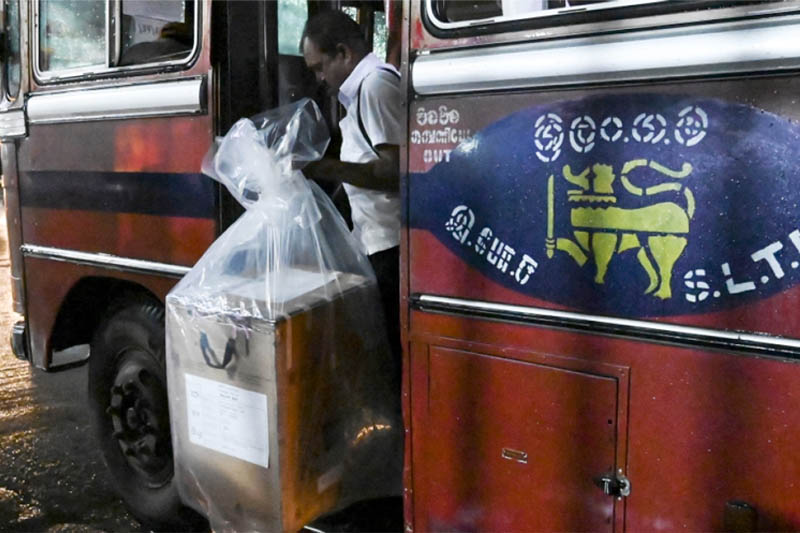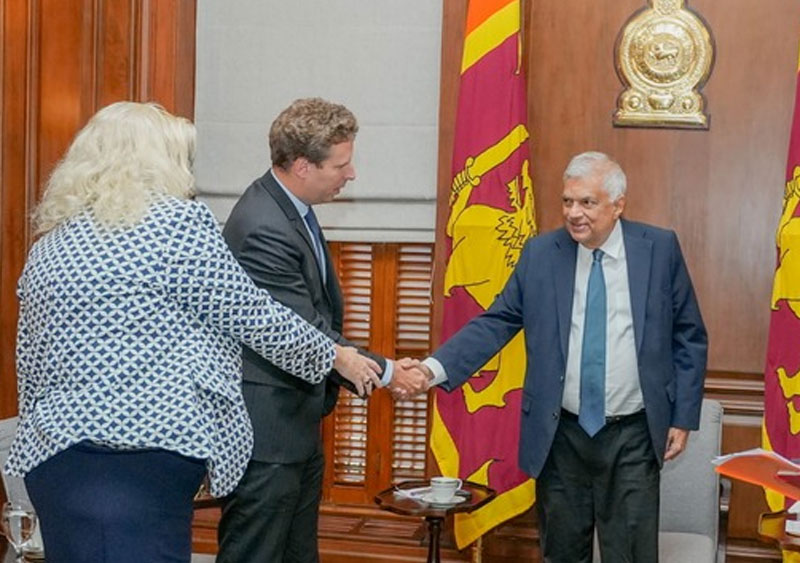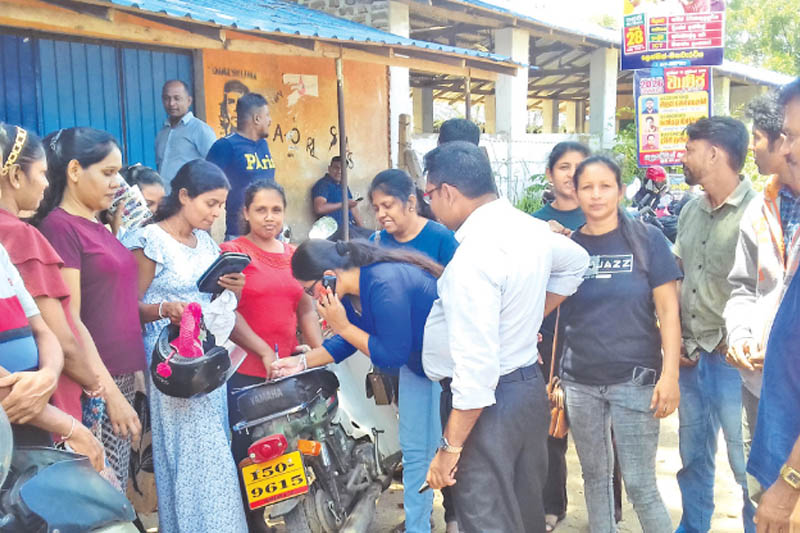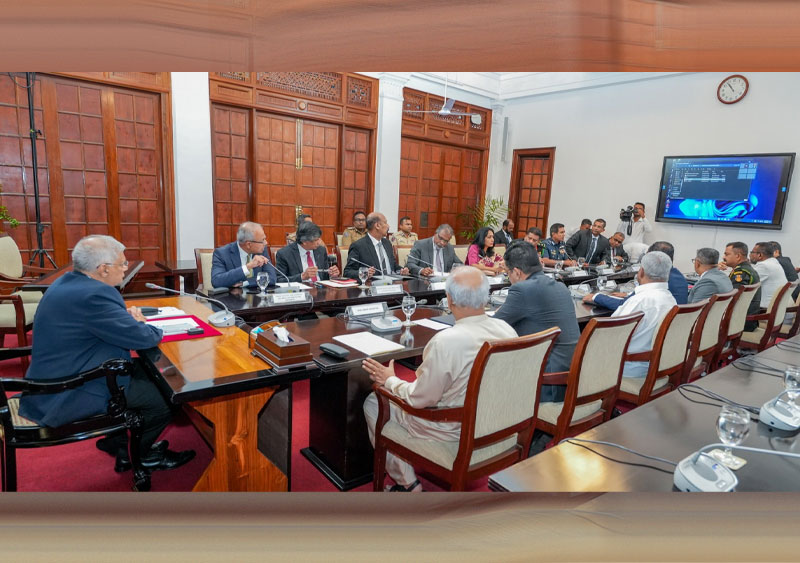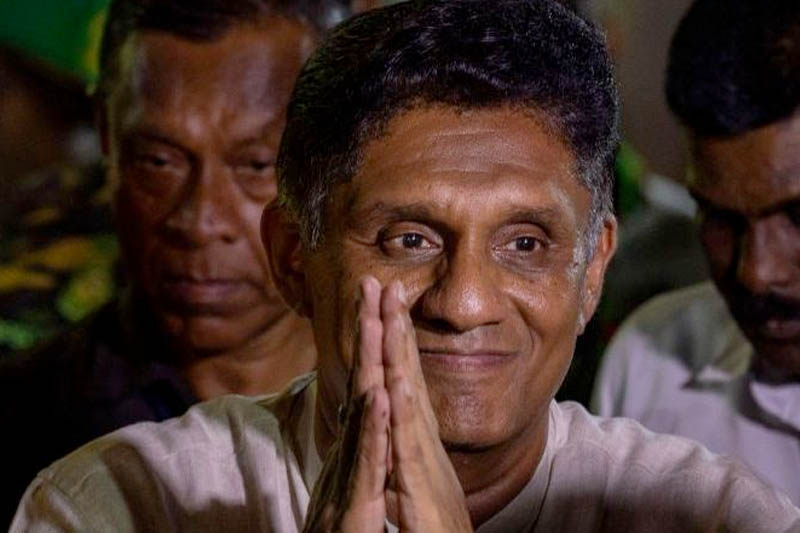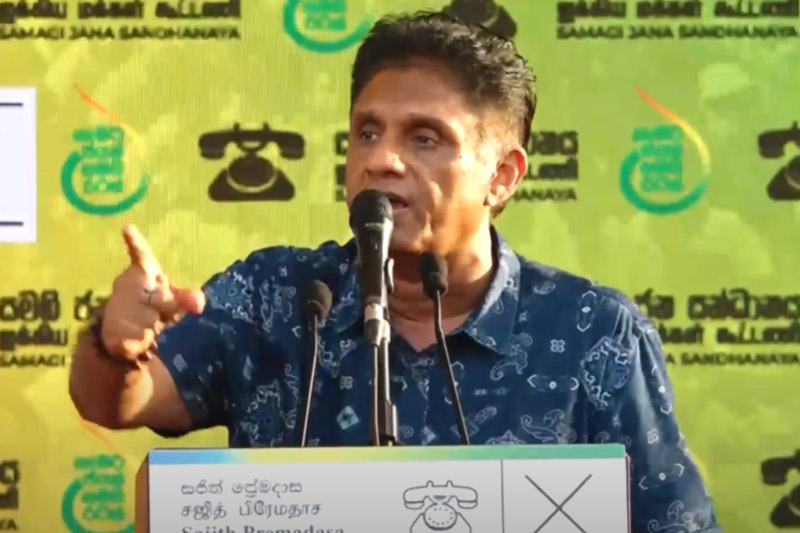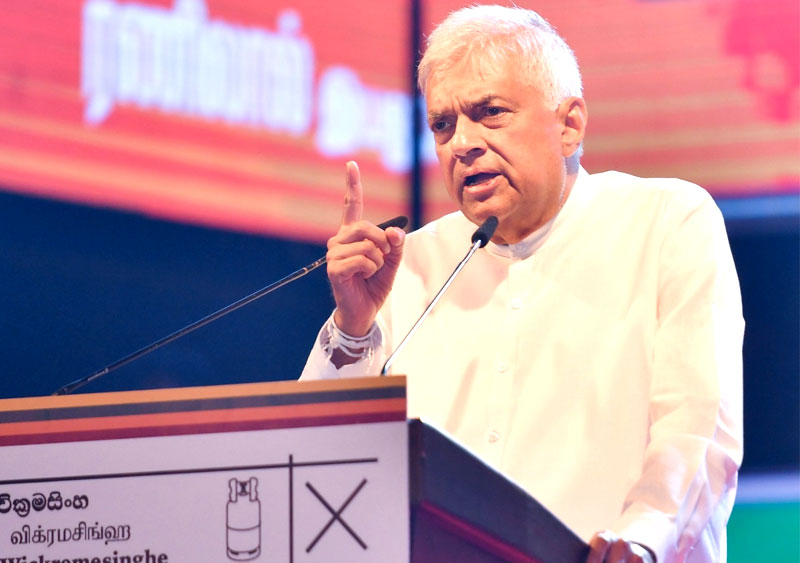Large infrastructure projects in Sri Lanka, often funded by foreign loans and grants, are legally required to disclose information online when the amount exceeds USD 100,000, Verité Research said.
However, compliance with this law remains poor. In 2024, the government disclosed only 40% of the required information on such projects, it said in a statement.
This finding was highlighted in the 2024 update of Infrastructure Watch, a dashboard on Public Finance.LK, Sri Lanka’s leading economic insights platform.
This platform has been tracking government adherence to the RTI Act's proactive disclosure requirements since 2022.
Corruption in public spending is frequently associated with public procurement, and the dashboard revealed that the disclosure of procurement-related information for foreign-financed projects was even lower—only 20% of what the law mandates.
Economist and Director at Verité Research, Subhashini Abeysinghe said that foreign lenders could enhance transparency by linking project financing to government compliance with the Right to Information Act.
She said that improved transparency benefits not only the Sri Lankan public but also the lenders and contractors involved in these projects.
"Greater transparency fosters fair competition, reduces corruption risks and minimises reputational risks for lenders and contractors," Abeysinghe said.
Section 9 of the RTI Act, along with guidelines from the RTI Commission, mandates the proactive disclosure of information under five broad categories: project details, rationale and beneficiaries, budget and financial details, approvals and clearances and procurement and contracts.
The 2024 assessment looked at compliance in relation to 50 large infrastructure projects. The dashboard can be accessed by visiting dashboards.publicfinance.lk/infrastructure-watch/











